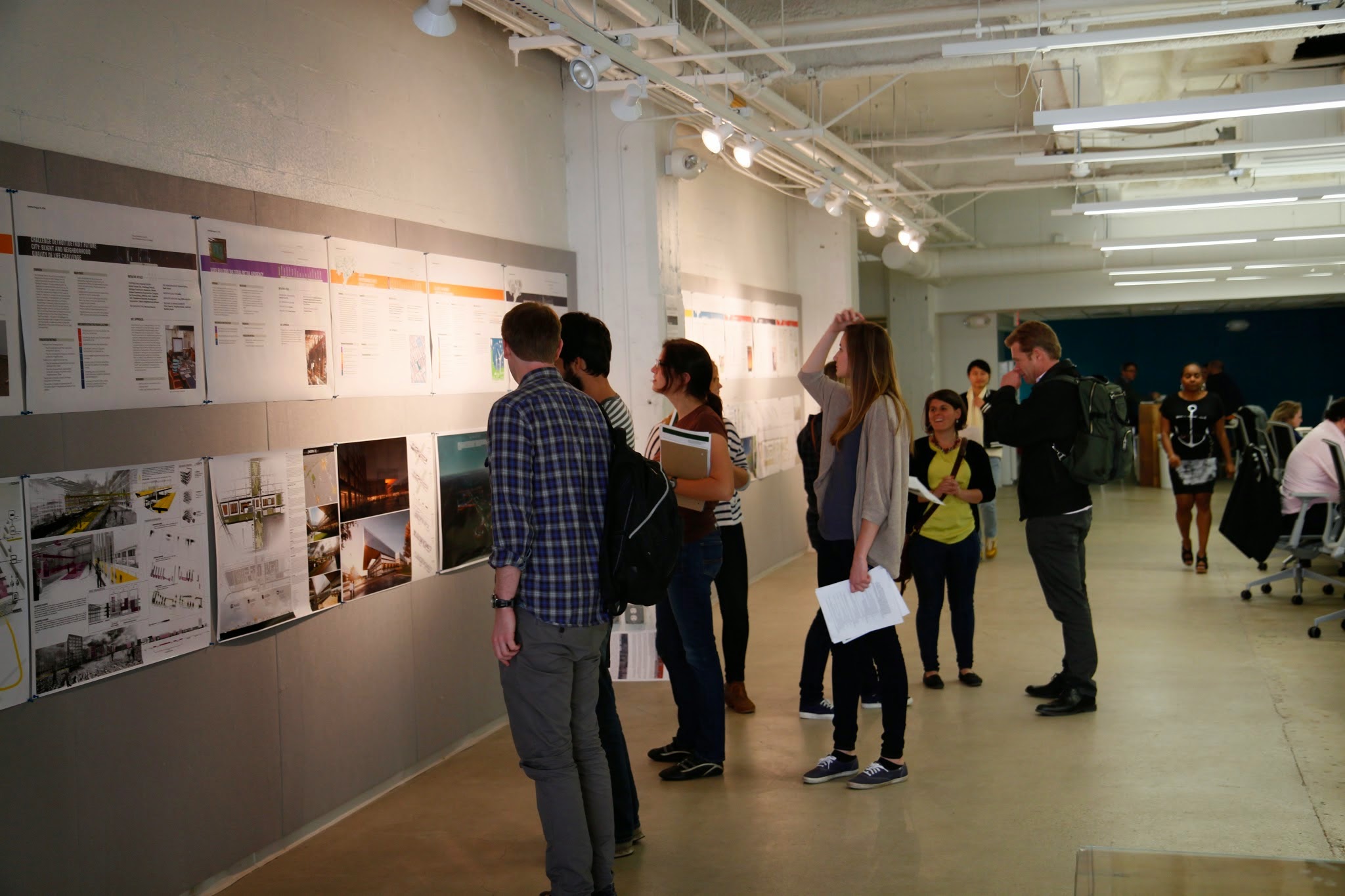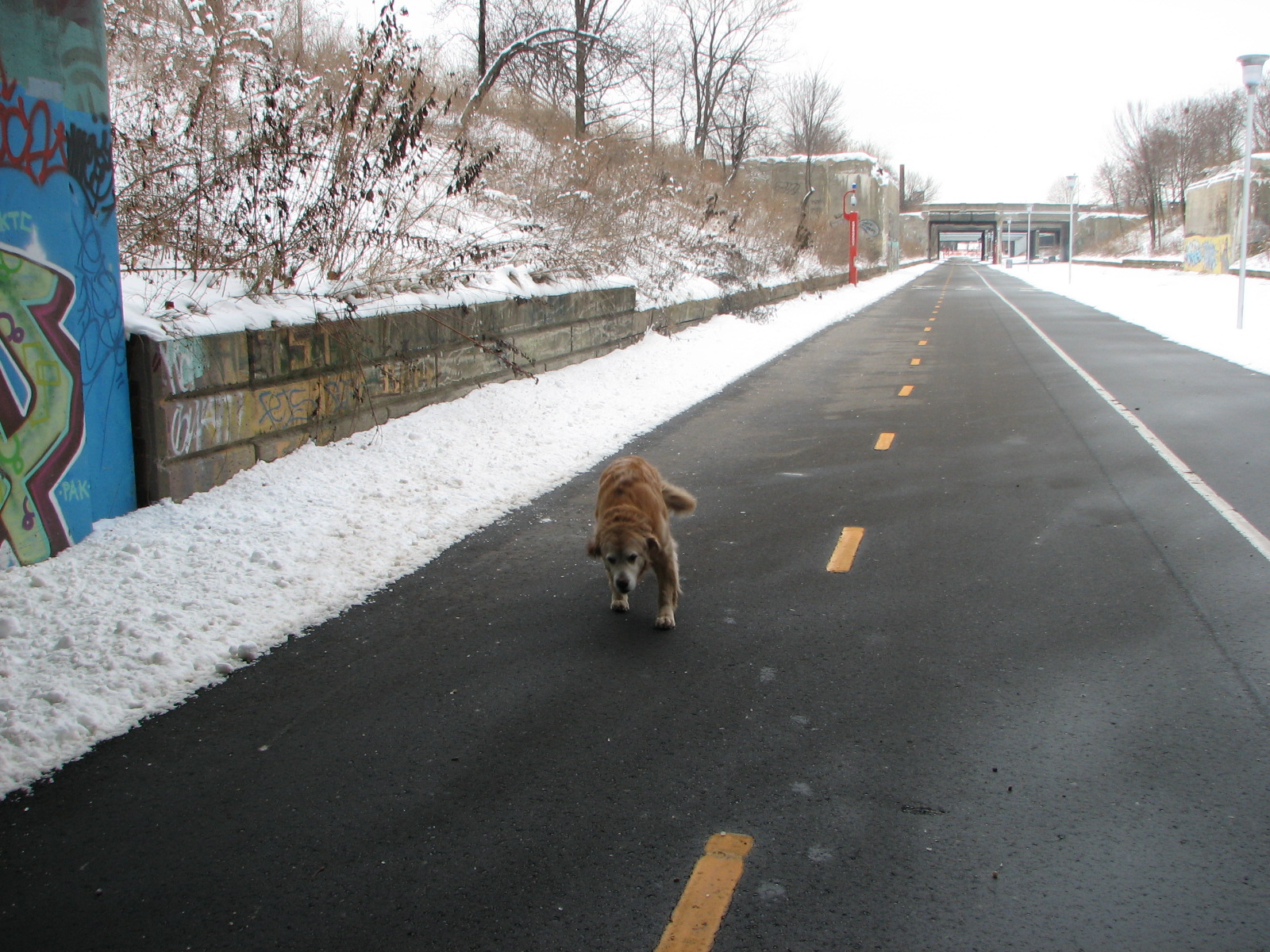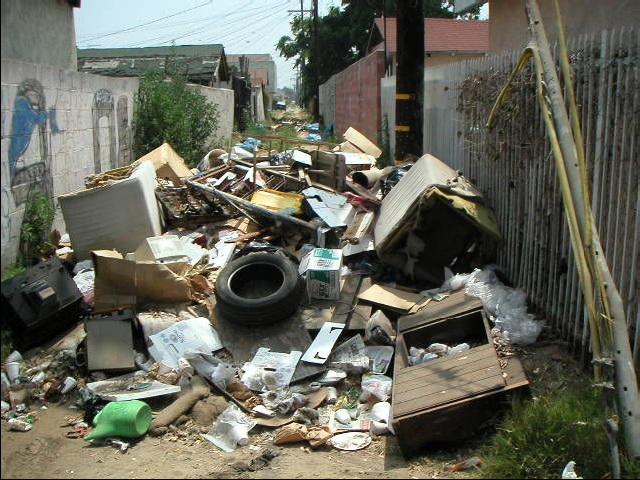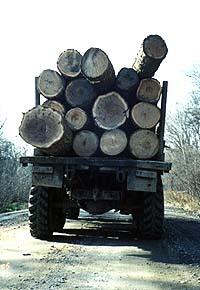Sustainability and Society
Instructor: Joshua Newell
Graduate student instructor: Jason Hawes
Sustainability has become perhaps the most pressing scientific and social challenge of our time. Typically defined as utilizing natural resources so as to create a high quality of life for future as well as current generations, the idea of sustainability has been strongly contested since its introduction to popular discourse in the 1980s. Nonetheless, global climate change, habitat loss and biodiversity loss, desertification and deforestation, and the effects of rapid urbanization have fueled political debates over sustainability policies in both the industrialized and industrializing countries and regions.
In this course, you will gain an understanding of how key global challenges, such as population growth and consumption, are creating a sense of urgency in terms of developing and promoting theories, methods, and practices that foster sustainability in our society. Through a concentrated study of this emerging sphere we call sustainability, you will learn to articulate the relationships among observed phenomena, the principles and policies those observations can
inform, particularly how best to integrate technology, education, and policy to best meet identified goals. Finally, you will gain an appreciation for why interdisciplinary approaches to sustainability are often necessary and useful.
The course is divided into four interdependent sections or modules: 1. Concepts and Contexts for Sustainability; 2. Challenges of a Planet; 3. Global Economy and the Search for Solutions; and 4. Social Activism and Change Agents. In addition to the two weekly lectures and the discussion sections, which students are expected to attend, the course has an experiential component consisting of field trips and in-class exercises.
In this course, you will gain an understanding of how key global challenges, such as population growth and consumption, are creating a sense of urgency in terms of developing and promoting theories, methods, and practices that foster sustainability in our society. Through a concentrated study of this emerging sphere we call sustainability, you will learn to articulate the relationships among observed phenomena, the principles and policies those observations can
inform, particularly how best to integrate technology, education, and policy to best meet identified goals. Finally, you will gain an appreciation for why interdisciplinary approaches to sustainability are often necessary and useful.
The course is divided into four interdependent sections or modules: 1. Concepts and Contexts for Sustainability; 2. Challenges of a Planet; 3. Global Economy and the Search for Solutions; and 4. Social Activism and Change Agents. In addition to the two weekly lectures and the discussion sections, which students are expected to attend, the course has an experiential component consisting of field trips and in-class exercises.
Course # : ENV 207
Offered :
- Fall 2022
- Fall 2021
- Fall 2020
- Fall 2018
- Fall 2016
- Winter 2014
- Winter 2013
- Winter 2012
Urban Sustainability
Instructor: Joshua Newell
Lecturer: Brandon Finn
As engines of capital accumulation, cities have often been viewed as environmental sacrifice zones. Some critics have argued that ‘sustainable cities’ is an oxymoron. Nonetheless, the debate over sustainable development generally, and sustainable urbanism specifically, has succeeded in reshaping and broadening discourse around cities and attendant policies and outcomes – both in industrialized and industrializing countries. Implying that sustainable use of natural resources involves social justice and economic development as well as environmental concerns, the notion of sustainability has led away from narrower conceptions of urban environmentalism, toward more consideration for the future, greater integration of social and economic goals with environmental and ecological objectives, and hence a fundamental rethinking of how cities should be theorized, planned and managed.
This course introduces graduate students to the emerging field of urban sustainability from multiple disciplinary perspectives, primarily industrial ecology, urban political ecology, urban ecology, and planning. The course provides students with the theoretical and methodological tools in which to explore the potential for a sustainable urbanism. Approaches to foster more sustainable and resilient forms of urbanization and urban life – ranging from localization, to industrial symbiosis, to ecological restoration – will be introduced and evaluated. Course deliverables include a midterm exam, a group case-project, a material flow analysis project, and a final exam. Meetings with stakeholders and other actors who shape the city form additional course components.
This course introduces graduate students to the emerging field of urban sustainability from multiple disciplinary perspectives, primarily industrial ecology, urban political ecology, urban ecology, and planning. The course provides students with the theoretical and methodological tools in which to explore the potential for a sustainable urbanism. Approaches to foster more sustainable and resilient forms of urbanization and urban life – ranging from localization, to industrial symbiosis, to ecological restoration – will be introduced and evaluated. Course deliverables include a midterm exam, a group case-project, a material flow analysis project, and a final exam. Meetings with stakeholders and other actors who shape the city form additional course components.
Course # : EAS 537
Offered :
- Fall 2022
- Fall 2021
- Fall 2020
- Fall 2018
- Fall 2016
- Fall 2015
- Fall 2014
FieldWork
Explore this page for updates on Josh’s research travels, as well as class trips. With such an interesting city as Detroit nearby, Josh finds it beneficial to take his students to see applications of course material as much as possible.

NRE 501’s second trip to Detroit (Fall 2014), where the class met with Detroit Future City and Detroit Free Press writer John Gallagher to talk solutions and opportunities for Detroit, as well as urban agriculture’s role in the city’s future.

NRE 501’s first trip to Detroit (Fall 2014), where they examined two automobile plants from the urban political ecology, urban ecology, and industrial ecology perspectives.

Detroit green infrastructure and urban agriculture research.

An alley being used as a dump site in the South subregion. Photo by Josh Newell.
Russia and Japan

Timber harvest in Russia. Photo by Josh Newell.
